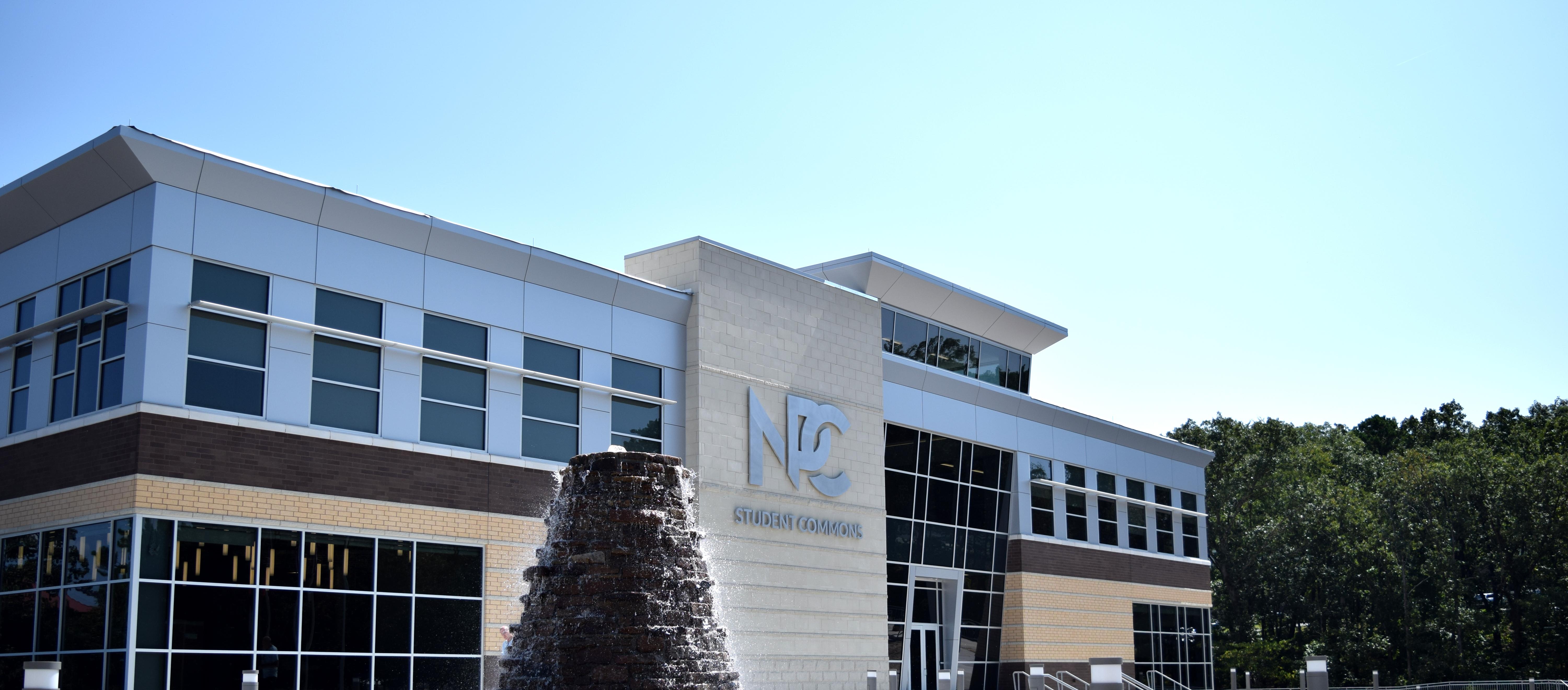| |
Dec 28, 2025
|
|
|
|
|
EMSP 1518 - Advanced Paramedicine I 8 Credits
This course provides an in-depth study of medical conditions frequently encountered in the prehospital setting and is required for paramedic certification. Topics include appropriate interventions/treatments for disorders/diseases/injuries affecting the following systems: respiratory, cardiac, neurological, abdominal/gastrointestinal, endocrine, genitourinary, musculoskeletal, and immunological as well as toxicology, infectious diseases, diseases of the eyes, ears, nose and throat and psychiatric. Topics also include an overview of thoracic, abdominal, genitourinary, orthopedic, neurological, and multi-system trauma, soft tissue trauma of the head, neck, and face as well as environmental emergencies. Upon completion, students should be able to recognize, access and manage the care of frequently encountered medical conditions based upon initial patient assessment.
Prerequisite: EMSP 1511 ECG Interpretation , EMSP 1512 Pharmacology I , EMSP 1515 Fundamentals of Paramedicine , EMSP 1522 Practicum I , EMSP 2402 Anatomy & Physiology
Corequisite: EMSP 1521 Pharmacology II , EMSP 1523 Practicum II
6 Lecture / 2 Lab Course Level Objectives
Upon successful completion of this course, the student will be able to:
1. Explain the pathophysiology and symptomatology of frequently encountered medical conditions. (PLO 1, 2)
2. Summarize the prehospital treatment for frequently encountered medical conditions covered in the course. (PLO 1, 2)
3. Use the principles of growth and development to recognize the differing effects of medical conditions among age groups. (PLO 1, 3)
Add to Portfolio (opens a new window)
|
|

